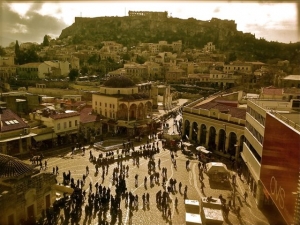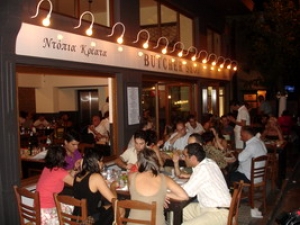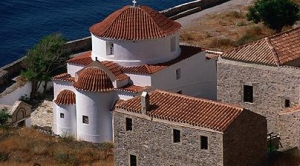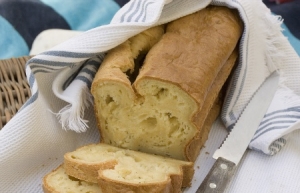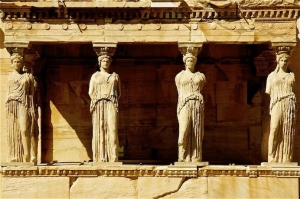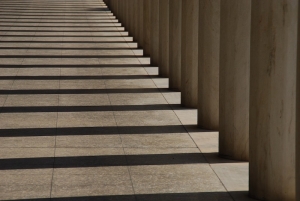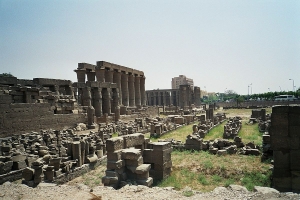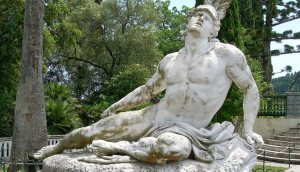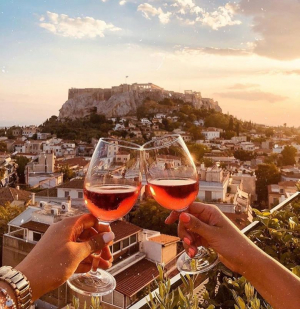BUSINESS CENTRE
XpatAthens
My Week in Athens… February 9
In this new weekly space, keep up with ‘Jack’ as he navigates daily life in Athens… Anecdotes, stories, hits & misses, the good, the bad and, well, the rest… Have a story to share? Send it to ideas@xpatathens.com!
Hey! Welcome to my corner : ) I’m a 30-something expat – born & raised in Canada, of mixed English/Irish/Greek ancestry. Outside Canada, I’ve spent a few years living in Australia and Ireland, and have called Athens home for the past two… I love so many things about this city – and so much else leaves me shaking my head…
Will there be traffic? Will I get the paper I need? Will I find parking? Is this ‘highly recommended’ restaurant worth the price? Is that random café on the corner as bad as it looks? Is the beach I heard about today worth the drive? Can my ‘brain’ and my ‘heart’ ever agree on this place? Is it really too far to walk? Was she just rude to me, or did I miss something in translation? Is the sun through my window as warm as it looks?
‘You never know until you try…’ – in Athens, ain’t that the truth!
See you next week…
Jack
The Butcher Shop In Gazi
We found this place after being turned away from Mamacas because they did not have any available tables. Since it was already 10:30 p.m., we decided to walk up the street and simply look for an interesting place to eat.
We stumbled into this restaurant and we were glad we did. As the name implies, this is not a place for vegetarians. Meat, meat and more meat is focus of the menu. The meats that we ordered were simply prepared, grilled over an open fire and wonderfully seasoned. This is not a filet mignon restaurant. They use less expensive cuts but the texture and taste were great. Instead of lamb rib chop, they served lamb leg chop. While it is a tougher cut, the flavor is far superior. By the end of the meal, we all agreed that the menu was simple, basic and delicious, and that we had make a great decision in eating at this location. If you go, don't forget the salads, especially the one that has a lot of chopped mint. I can't remember the name of the salad, however, I really enjoyed it.
The dishes were fairly priced. The atmosphere was simple, fitting into the taverna category. They had both indoor and outdoor seating. The menu has an English translation and our waiter spoke English. The crowd, however, was strictly young adult Greeks. I did not hear any other language spoken in the restaurant other than Greek. The restaurant is located in the Gazi area which is, to my understanding, frequented more by Greeks than tourists.
Photo courtesy of Matt Barrett: http://www.athensguide.com/gazi/index.htm
Hours Daily noon-1am Location Gazi, Gazi-Kerameikos-Thissio Transportation Metro: Kerameikos Phone 210/341-3440 Prices Main courses 15€-30€ Credit Cards Not accepted.
Do you have a recommendation or recipe to share? Send it to us at ideas@xpatathens.com!
Monemvasia: My Kind Of Town
Author and Classicist Paul Waters loves the peace and isolation found in the Greek town of Monemvasia. He says, I hesitate to write about my favourite places, because I don’t want people to go there and spoil them. But even in this age of easy mass travel, Monemvasia is still refreshingly difficult to reach, and only the determined will trouble to make the journey. When I first visited more than 20 years ago, almost no one lived there, and the buildings had fallen into ruin.
Actually, there are two towns on the island – the lower town, at sea level, which has been slowly (and tastefully) restored; and the upper town or citadel, still in ruins, where you can wander alone among the old streets and fallen houses, with the cicadas singing around you.
Spring is the best time for southern Greece, when the grass is green and the wild flowers are in bloom. Otherwise, go in autumn.
How do visitors get there?
Monemvasia is almost an island; its only link to the mainland of southern Greece is a narrow causeway. To reach it, it’s best to go by road from Athens, either by car or coach, which takes about five hours. Sometimes ferries call; sometimes not. If you’re thinking of going and don’t have your own transport, the hotels or a good travel agent will give you the latest advice about what’s running. For train-lovers, there’s a quirky little railway that follows a circular route around the Peloponnese from Athens; but you’ll still need to combine that with a bus/coach/car journey. There are also luxury cruises that call in.
Where are your favourite places to eat?
Twenty years ago an old, black-clad grandmother cooked me a dish of beans on a Primus stove in Matula’s taverna (www.matoula.gr). I think it was the only place to eat in those days. Now there are others – the Kanoni taverna, Mariantha’s taverna and places across the causeway on the mainland. Greek cuisine isn’t really “haute”, but it’s fresh, lively and local. Try the fish, and perhaps the local Malvasia wine – Shakespeare’s Malmsey.
To read more, please visit telegraph.co.uk
By Paul Waters
Savoury Cake With Kasseri Cheese And Herbs
1½ tea-cup of all-purpose flour
4 eggs
2 tea-cups of Greek Kasseri cheese, grated (or mild English yellow cheddar)
4 tbsp of olive oil
1/2 a bunch of fresh spearmint, only the leaves finely chopped (or 1 tbsp of dried, ground)
1 tsp of dried oregano, ground
1 pinch of ground nutmeg
1 pinch of salt
1 pinch of black pepper
5-6 sundried tomatoes, finely chopped (from a jar in oil)
1 sachet of baking powder
100ml of full fat fresh milk
Method:
Preheat the oven to 180° C and place the rack at the lowest position of the oven. Lightly grease the bottom and the sides of a long loaf or cake tin (I prefer the non-stick ones).
In a small bowl mix together the flour with the baking powder.
In a large bowl beat with a whisk the eggs with the milk and the oil until they are well blended. Add the cheese, the herbs, the nutmeg, the tomatoes, salt and pepper and mix well with your hand.
In the end add the flour/baking powder mixture and mix until the ingredients come together. The mixture should be thick, resembling that of a classic sweet cake.
Empty the mixture into the tin and put in the oven. Bake for about 40 minutes. Check the cake out with the classic method of inverting a knife in the middle of it – if it comes out clear and dry then it is ready. Otherwise, bake for a few more minutes and try again.
Take out of the oven and leave the cake to stand in the tin for a few minutes. Turn out onto a plate and serve cut in slices. This type of cake can be served even cold but it is always tastier if it is still lukewarm.
Recipe by Angelos Rentoulas from "Gastronomos" magazine of "KATHIMERINI" newspaper
www.amateurcookprofessionaleater.blogspot.be
Greek Government Changes Course On Parthenon Marbles
The Museum Without A Home - An Exhibition Of Hospitality
Sanctuary Run By Migrant Women Helps Refugee Women In Athens
Student Finds B.C.-Era Sword In Thebes, Greece
English Sayings and Idioms With Greek Origins
The majority of English sayings with Greek origins have emerged from Greek myths and stories. Here some widely used English sayings and phrases that have a decidedly Greek touch.
Achilles Heel
Between a rock and a hard place
Between a rock and a hard place, means having to choose between two evils. In Homer's Odyssey, Odysseus had to pass between two sea monsters, Scylla and Charybdis, who dwelled on opposite sides of the strait of Messina. Odysseus chose to pass by Scylla, the lesser of the two evils, thinking he would lose fewer men, than passing through Charybdis, the whirlpool.
Knock On Wood
The habit of touching/knocking on wood, to avoid bad luck, or to bring good luck, goes back to ancient Greece, where it was believed that wood nymphs called dryads lived inside trees. The ancient Greeks would touch a tree, hoping to invoke good luck or protection from the wood nymphs dwelling within.


